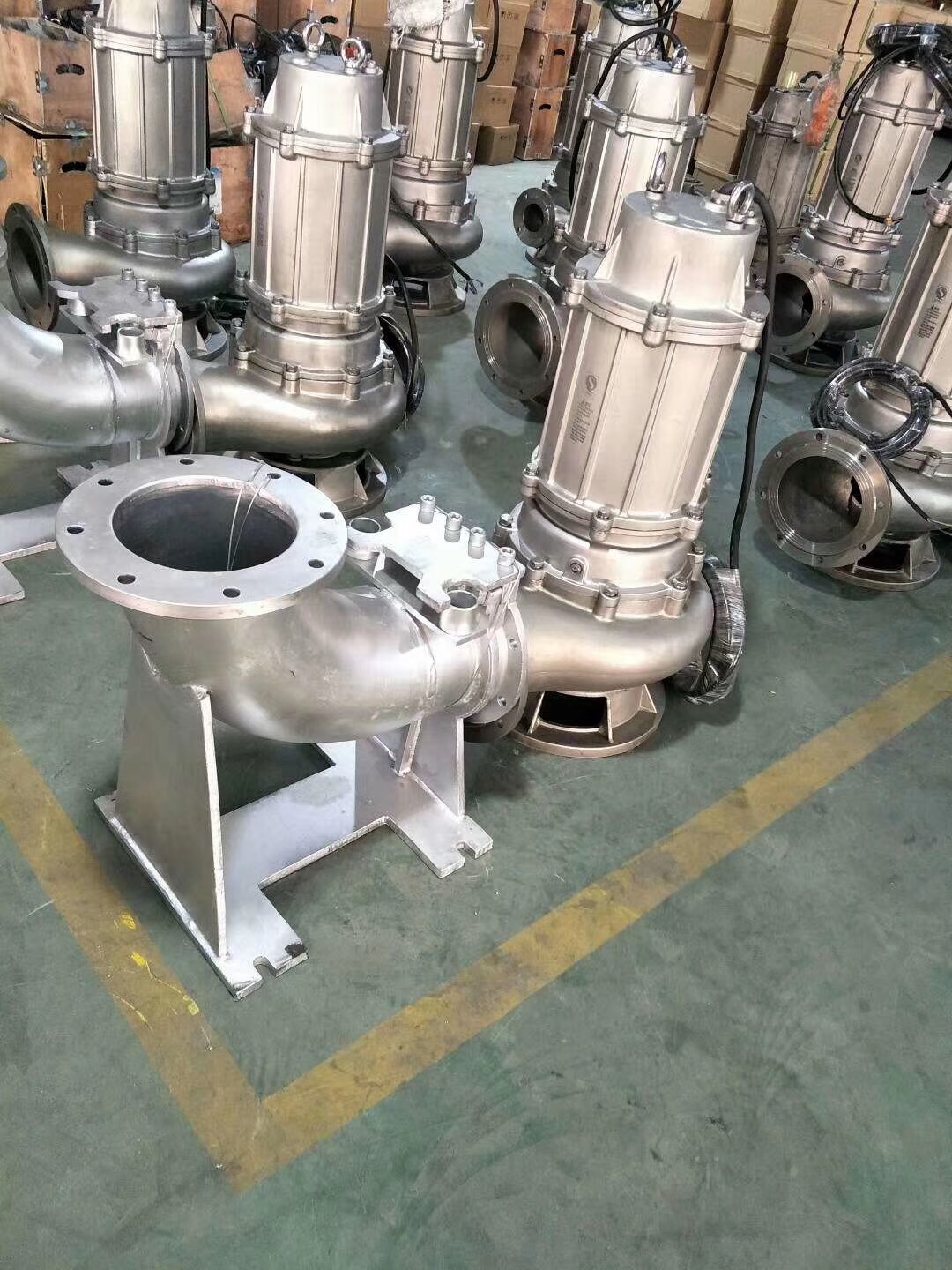Croatian
- Afrikaans
- Albanian
- Amharic
- Arabic
- Armenian
- Azerbaijani
- Basque
- Belarusian
- Bengali
- Bosnian
- Bulgarian
- Catalan
- Cebuano
- Corsican
- Croatian
- Czech
- Danish
- Dutch
- English
- Esperanto
- Estonian
- Finnish
- French
- Frisian
- Galician
- Georgian
- German
- Greek
- Gujarati
- Haitian Creole
- hausa
- hawaiian
- Hebrew
- Hindi
- Miao
- Hungarian
- Icelandic
- igbo
- Indonesian
- irish
- Italian
- Japanese
- Javanese
- Kannada
- kazakh
- Khmer
- Rwandese
- Korean
- Kurdish
- Kyrgyz
- Lao
- Latin
- Latvian
- Lithuanian
- Luxembourgish
- Macedonian
- Malgashi
- Malay
- Malayalam
- Maltese
- Maori
- Marathi
- Mongolian
- Myanmar
- Nepali
- Norwegian
- Norwegian
- Occitan
- Pashto
- Persian
- Polish
- Portuguese
- Punjabi
- Romanian
- Russian
- Samoan
- Scottish Gaelic
- Serbian
- Sesotho
- Shona
- Sindhi
- Sinhala
- Slovak
- Slovenian
- Somali
- Spanish
- Sundanese
- Swahili
- Swedish
- Tagalog
- Tajik
- Tamil
- Tatar
- Telugu
- Thai
- Turkish
- Turkmen
- Ukrainian
- Urdu
- Uighur
- Uzbek
- Vietnamese
- Welsh
- Bantu
- Yiddish
- Yoruba
- Zulu
Telephone: +86 13120555503
Email: frank@cypump.com
pro . 03, 2024 15:44 Back to list
centrifugal chemical process pumps
Centrifugal Chemical Process Pumps An Overview
Centrifugal chemical process pumps are a crucial component in various industries, facilitating the efficient transportation of liquids, chemicals, and other fluids. With applications ranging from chemical processing and water treatment to oil and gas, understanding the functionality, design, and advantages of centrifugal pumps is essential for optimizing operations in these sectors.
How Centrifugal Pumps Work
Centrifugal pumps operate on a simple yet effective principle. They use a rotating impeller to impart kinetic energy to the fluid, converting it into hydraulic energy. As the impeller spins, it draws the liquid into the pump casing through an inlet. The centrifugal force created by the spinning action pushes the liquid outwards towards the discharge port. The design of the pump, including the shape of the impeller and casing, plays a key role in determining its efficiency and flow characteristics.
The fundamental components of a centrifugal pump include the impeller, casing, shaft, bearings, and sealing mechanisms. The impeller can come in various designs closed, open, or semi-open, each suited for different applications depending on the nature of the fluid being pumped. The casing is generally designed to direct the flow effectively and minimize losses caused by turbulence.
Benefits of Centrifugal Chemical Process Pumps
1. High Efficiency Centrifugal pumps are known for their operational efficiency, especially with low-viscosity fluids. Their design allows for smooth flow, reducing energy consumption compared to positive displacement pumps.
2. Versatility These pumps can handle a wide range of fluids, including corrosive chemicals, acids, and other challenging materials, making them suitable for diverse industrial applications.
3. Maintenance Ease With fewer moving parts than some other pump types, centrifugal pumps typically require less maintenance. This aspect translates to lower operational costs and minimized downtime.
4. Scalability Centrifugal pumps can easily be scaled in size and output, accommodating variable flow rates and system pressures. This flexibility is crucial in industries where demand can fluctuate significantly.
centrifugal chemical process pumps

Applications
Centrifugal chemical process pumps find applications in various industries, including
- Chemical Manufacturing They are widely used to transfer chemicals during various production stages, including mixing, cooling, and distillation.
- Water Treatment These pumps efficiently handle the transportation of water, wastewater, and additives such as chlorine and coagulants in treatment plants.
- Oil and Gas In upstream and downstream operations, centrifugal pumps assist in the transfer of crude oil, refined products, and other fluids.
- Food and Beverage While the chemical composition may differ, the same principles apply, with these pumps facilitating the transport of liquids in food processing.
Conclusion
Centrifugal chemical process pumps are integral to modern industrial operations, facilitating the movement of fluids efficiently and reliably. Their design and operational principles make them an ideal choice for numerous applications across various sectors. As industries continue to evolve and seek more efficient solutions, centrifugal pumps will remain a vital component in the fluid transportation landscape. Understanding their capabilities can aid businesses in selecting the right pump for their specific needs, ultimately enhancing efficiency and productivity.
-
Reliable Non-Clog Sewage Pumps with GPT-4-Turbo Tech
NewsAug.04,2025
-
High-Performance Air Pumps for Sand & Gravel | Efficient Transport
NewsAug.03,2025
-
ISG Series Vertical Pipeline Pump - Chi Yuan Pumps Co., LTD.|Energy Efficiency, Corrosion Resistance
NewsAug.03,2025
-
ISG Series Pipeline Pump - Chi Yuan Pumps | Energy Efficiency&Compact Design
NewsAug.03,2025
-
ISG Series Vertical Pipeline Pump - Chi Yuan Pumps Co., LTD.|High Efficiency, Low Noise, Durable
NewsAug.02,2025
-
ISG Series Vertical Pipeline Pump - Chi Yuan Pumps | High Efficiency, Low Noise
NewsAug.02,2025










